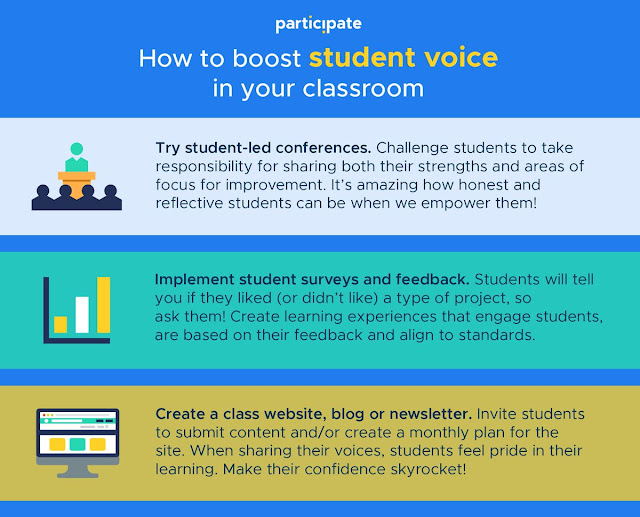Social Justice Project

I watched “25 Mini-Films for Exploring Race, Bias, and Identity with Students” created by The New York Times. I watched all 25 films, which were divided into four series, and I will highlight a few of the films I found most impactful from each series. In the first series, “A Conversation on Race”, the film that stood out the most to me was when the police officers spoke about racism. One officer spoke very bluntly and what he said was very alarming to me. He admitted to being biased, even saying if he saw a group of young, black men in a white neighborhood he would go over and give them a hard time because “they’re not supposed to be there”. Who is this man to judge whether or not these boys belong there? He also says towards the end that he thinks protestors should get a job and find something better to do than to blame the police for their problems. First of all, I cannot believe this officer feels this way in the first place. But second of all, I cannot believe he is not t
